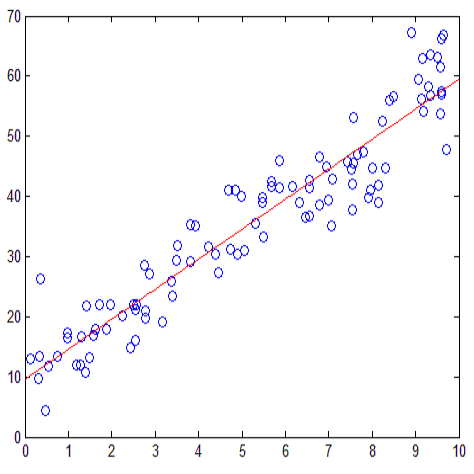This work considers the problem of learning the Markov parameters of a linear system from observed data. Recent non-asymptotic system identification results have characterized the sample complexity of this problem in the single and multi-rollout setting. In both instances, the number of samples required in order to obtain acceptable estimates can produce optimization problems with an intractably large number of decision variables for a second-order algorithm. We show that a randomized and distributed Newton algorithm based on Hessian-sketching can produce $\epsilon$-optimal solutions and converges geometrically. Moreover, the algorithm is trivially parallelizable. Our results hold for a variety of sketching matrices and we illustrate the theory with numerical examples.
翻译:这项工作考虑了从观察到的数据中学习线性系统的Markov参数的问题。最近的非简易系统识别结果在单一和多滚式设置中体现了这一问题的样本复杂性。在这两种情况下,为了获得可接受的估计而需要的样本数量都会产生优化问题,而对于二级算法来说,其决定变量数量之多令人费解。我们表明,基于黑森制片的随机和分布式牛顿算法可以产生$\epsilon$-optmatimal 的解决方案,并且从几何学角度趋同。此外,算法是微不足道的,我们的结果持有各种草图矩阵,我们用数字例子来说明理论。



